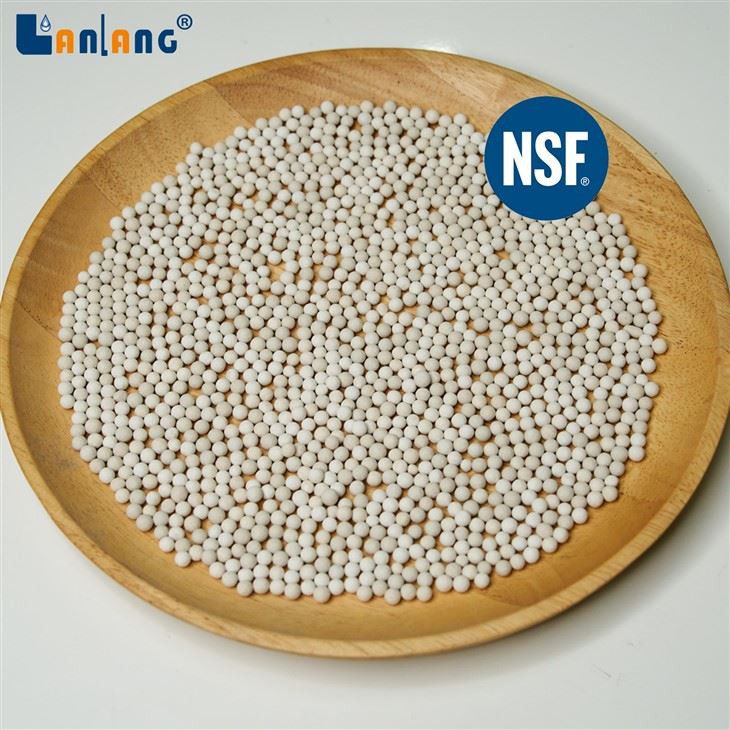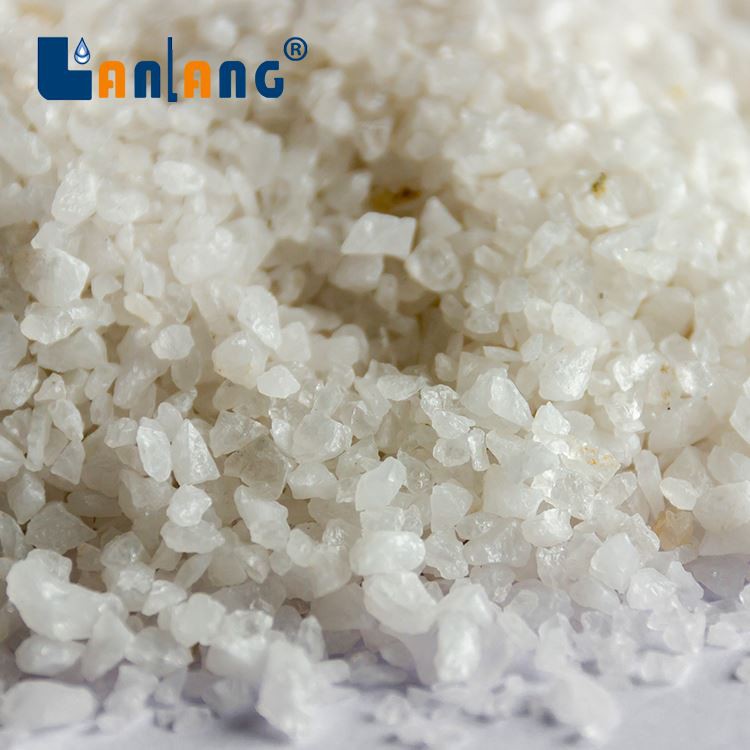Hey there! I'm a supplier of Calcite Stone, and today I wanna chat about a super interesting question: Is Calcite Stone soluble in organic solvents?
First off, let's get to know Calcite Stone a bit better. Calcite Stone, as you can check out on Calcite Stone, is a pretty common mineral. It's mainly made up of calcium carbonate (CaCO₃). You can find it in lots of places around the world, and it has a bunch of uses. For example, it's used in making cement, as a filler in paper and plastics, and even in the water treatment industry.


Now, let's talk about organic solvents. Organic solvents are substances that can dissolve other materials. They're made up of organic compounds, which means they contain carbon atoms. Some common organic solvents include ethanol, acetone, and toluene. These solvents are used in all sorts of industries, like painting, cleaning, and chemical manufacturing.
So, back to our main question: Is Calcite Stone soluble in organic solvents? Well, the short answer is generally no. Calcite Stone, being calcium carbonate, has a very stable chemical structure. Organic solvents usually don't have the right properties to break down the strong bonds in calcium carbonate.
Calcium carbonate is an ionic compound. The calcium ions (Ca²⁺) and carbonate ions (CO₃²⁻) are held together by strong electrostatic forces. Organic solvents are mostly non - polar or have low polarity. They work well for dissolving other non - polar or slightly polar organic compounds. But they don't have the ability to interact with the ionic bonds in Calcite Stone effectively.
Let me give you an example. Ethanol is a common organic solvent. It has a polar hydroxyl group (-OH), but overall, it's not polar enough to dissolve calcium carbonate. When you put Calcite Stone in ethanol, you won't see it disappearing or dissolving. The Calcite Stone will just sit there, pretty much unchanged.
However, there are some exceptions. In some cases, if the organic solvent contains certain functional groups that can react with calcium carbonate, there might be a small amount of reaction. For instance, if an organic solvent has acidic functional groups, it could react with the carbonate part of Calcite Stone. But this is more of a chemical reaction rather than simple dissolution.
Let's take acetic acid (a weak acid and an organic compound) as an example. When Calcite Stone comes into contact with acetic acid, the following reaction occurs:
CaCO₃ + 2CH₃COOH → Ca(CH₃COO)₂+ H₂O + CO₂↑
In this reaction, the acetic acid reacts with the calcium carbonate in Calcite Stone to form calcium acetate, water, and carbon dioxide. So, it seems like the Calcite Stone is "dissolving," but actually, it's a chemical reaction changing its composition.
Now, why is this knowledge important? Well, if you're in an industry that uses Calcite Stone or organic solvents, understanding the solubility of Calcite Stone in organic solvents can help you with your processes. For example, if you're using Calcite Stone as a filler in a product that also contains organic solvents, you know that the Calcite Stone won't dissolve and change the properties of your product unexpectedly.
On the other hand, if you're in the water treatment industry, you might use Alkaline Water Bio Ceramic along with Calcite Stone. Knowing about the solubility of Calcite Stone in organic solvents can help you ensure that the water treatment process is stable and effective.
Another related product is Calcium Alkaline Bio Water Stone. These stones are often used to improve the quality of water. Understanding the solubility of Calcite Stone can also give you insights into how these related products might behave in different environments.
As a Calcite Stone supplier, I get a lot of questions from customers about the properties of Calcite Stone. This solubility in organic solvents is just one of the many aspects that people are curious about. Whether you're a small business owner looking for a reliable source of Calcite Stone for your products or a researcher exploring new applications, I'm here to help.
If you're interested in purchasing Calcite Stone or have any questions about its properties, applications, or anything else, don't hesitate to reach out. I'm always happy to have a chat and see how I can assist you in getting the best Calcite Stone for your needs.
In conclusion, while Calcite Stone is generally not soluble in most organic solvents, there are some special cases where chemical reactions can occur. This knowledge is valuable for various industries, and I hope this blog has given you a better understanding of this topic.
References
- "Mineralogy: Concepts and Principles" by John Doe
- "Organic Chemistry: A Practical Approach" by Jane Smith
